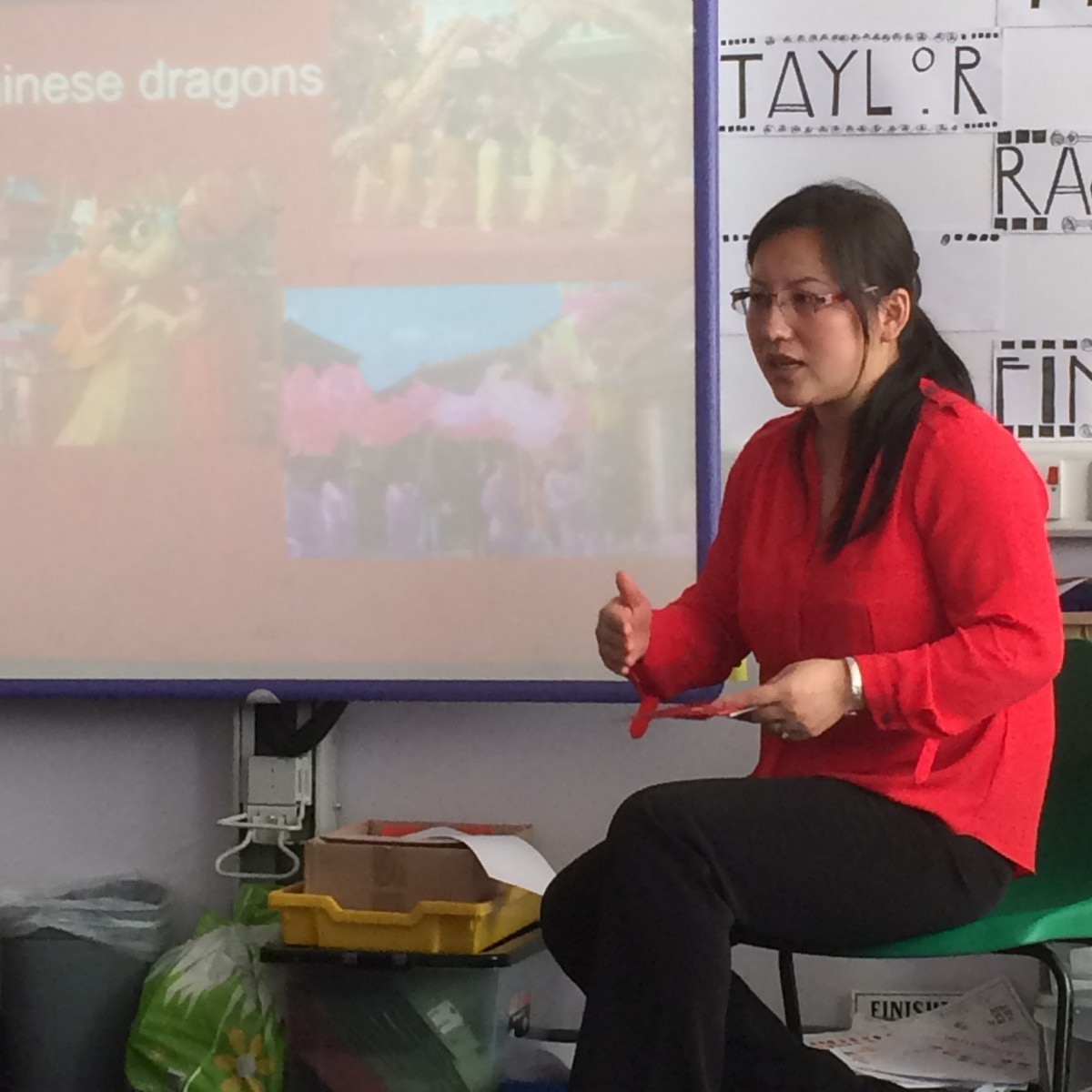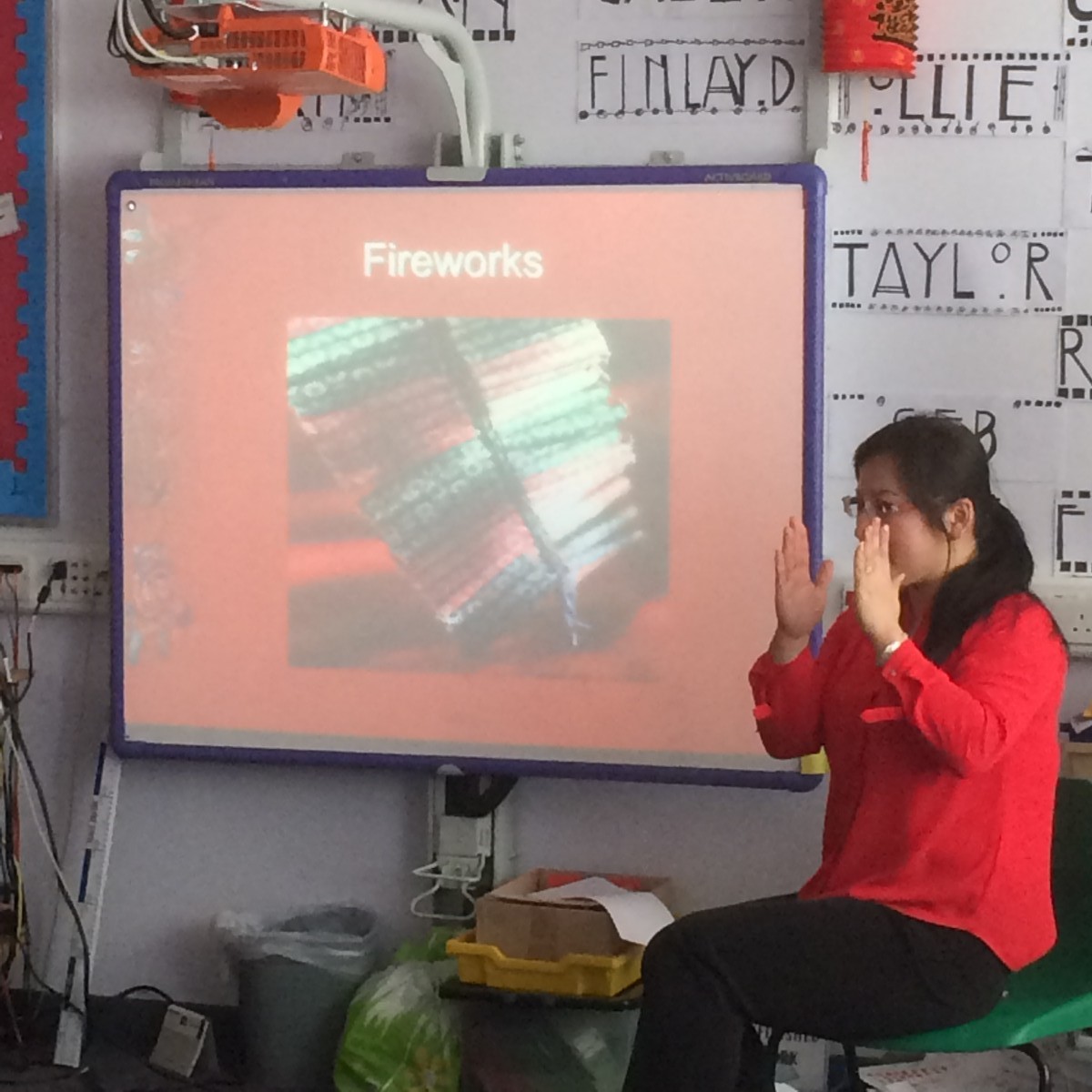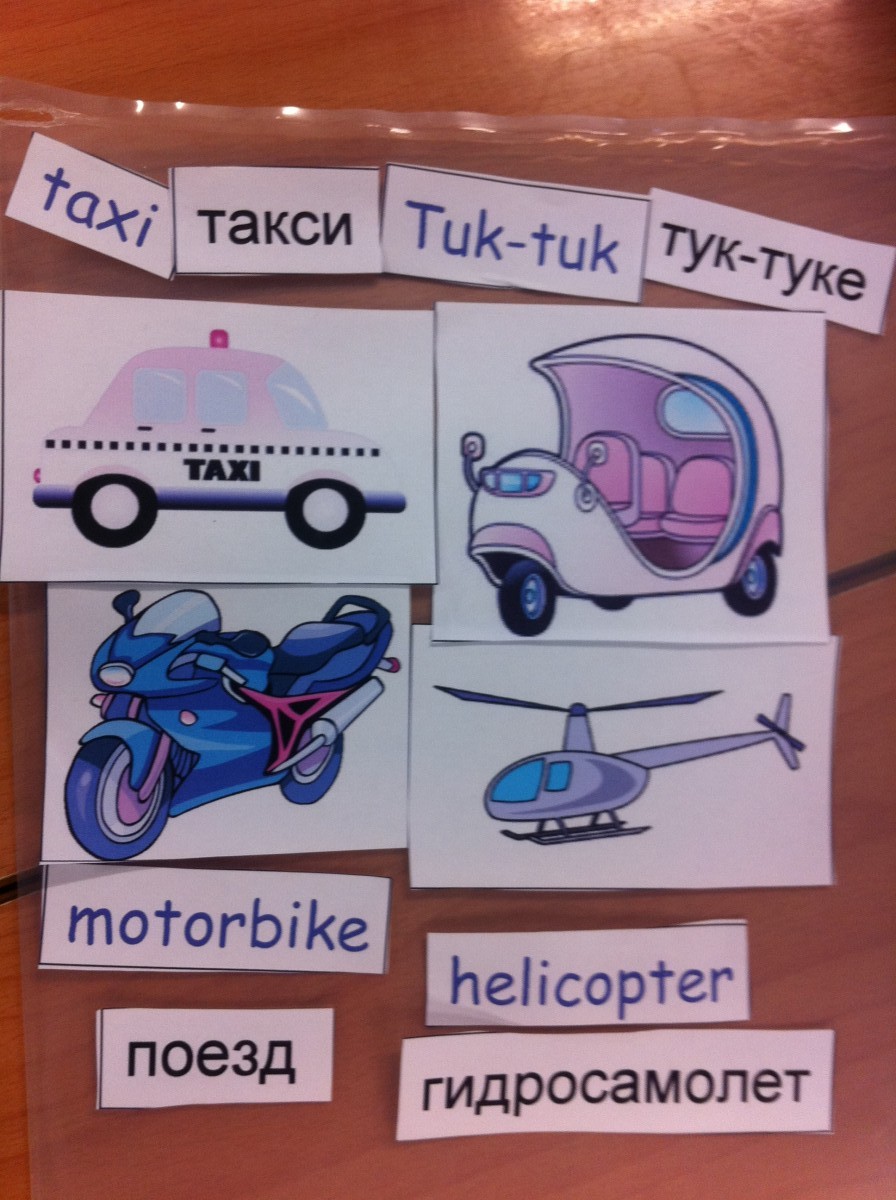It seems that some external factors such as race, culture, religion and family we are born into define us. However, despite of our individual identity we all share the need to belong.
Belonging generates a feeling of acceptance and connection.
In Angus schools we have a diverse community of nearly 700 pupils with English as an Additional Language (EAL) and about 37 languages spoken by them collectively. We all learn from each other and this makes the environment in the schools vibrant and exciting.
The EAL Parent Group has offered support to the class teachers, as well as to the children an opportunity to learn how to sing Head, Shoulders, Knees and Toes in POLISH.
Głowa, ramiona, kolana, piety(Polish)
Głowa, ramiona, kolana, piety,
kolana, pięty, kolana, piety.
Głowa, ramiona, kolana, pięty,
oczy, uszy, usta, nos!
Head, Shoulders, Knees, Heels(English)
Head, shoulders, knees, heels,
Knees, heels, knees, heels.
Head, shoulders, knees, heels,
Eyes, ears, mouth, nose!
Definitely this learning experience provided an opportunity to all pupils a wider sense of community and belonging. It links to Polish language, culture and their community. Besides, we had lots of fun and it was a good exercise for everyone.









